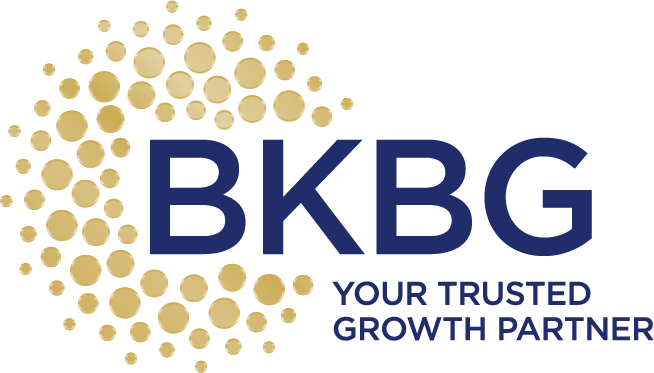Work Smarter Not Harder
How many times have you told your team to work smarter not harder? That’s easy to say, but more difficult to execute. As owners and leaders of companies, helping your team to avoid working on things that don’t make a material difference but consume oodles of time, can be transformative. To help team members focus on goals, consider establishing timelines for each stage of a project after the contract is signed, with estimated hours for each project milestone and tracking time spent for specific tasks. If a designer is spending too much time on the wrong thing, it can have a domino effect on the entire project.
Perfection should not be an achievable goal. Perfection takes an inordinate amount of time, often focusing on minutiae that don’t have an ROI. Plus, striving to be perfect can be a cause of burnout and health problems and a major reason why a productive team member may walk out the door. Owners and managers need to provide direction on the elements of a project/design that have the greatest impact. For the everyday activities and the small stuff offer guidance on how much time should be spent crafting an email or searching for an image for a client presentation. In most cases, hitting send is preferrable to being perfect.
Make sure your team knows they don’t work in a silo. Advise them of resources and expertise of other team members that are available to assist them when needed. Coach your team that it is okay to ask for help. When team members recognize that teamwork helps them to work smarter not harder, it sends the message of what they do makes a positive difference and that is a great team member retention tool.
